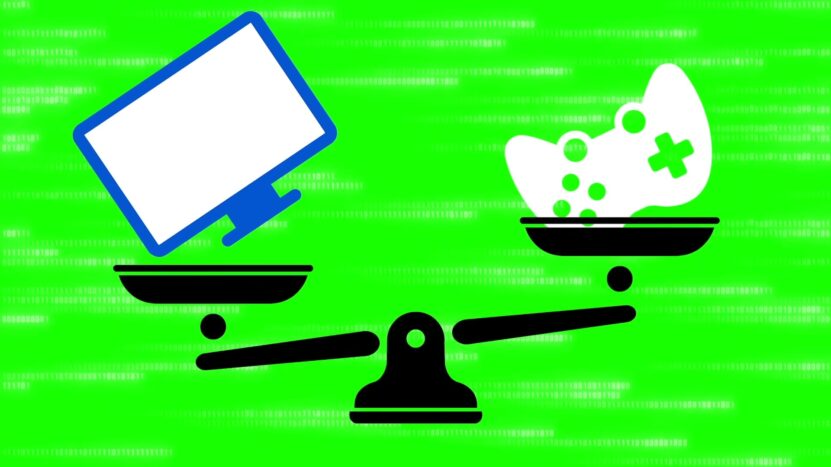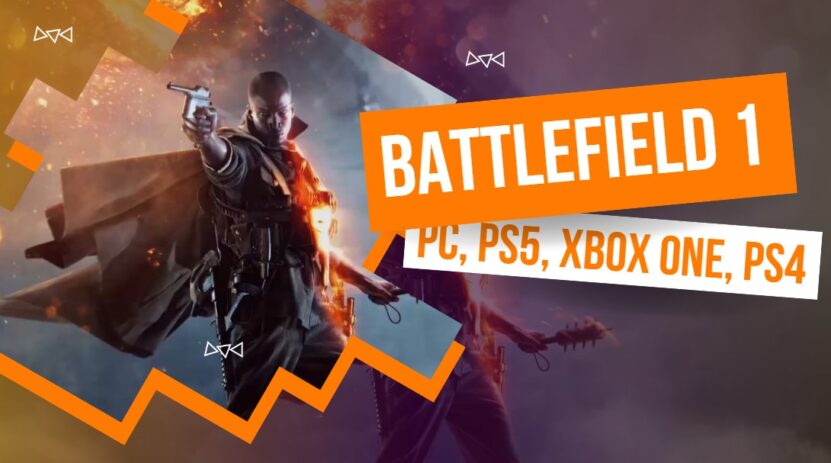The world of gaming has dramatically evolved in the last couple of decades. We’ve witnessed an incredible transition from simple 2D games to complex, realistic 3D environments. One of the most immersive experiences in the gaming world is provided by the Battlefield series, developed by EA DICE and published by Electronic Arts.
Battlefield 1, set against the backdrop of World War I, offers breathtakingly realistic graphics, engaging gameplay, and an immersive story that keeps players hooked. However, one question has been persistently asked in the gaming community: “Is Battlefield 1 cross-platform?”
Cross-platform gaming is a coveted feature among gamers as it allows players on different platforms – such as PC, PS5, Xbox One, and PS4 – to play together. This article will delve into whether Battlefield 1 has embraced this innovative gaming technology.
Cross-Platform Gaming in a Nutshell
Before we dive into Battlefield 1, it’s essential to understand what cross-platform gaming entails. Cross-platform gaming, in the simplest terms, is a feature that allows players using different gaming platforms to play the same game together. For instance, if a game supports cross-platform play, a player on a PC can join a game with players on PS4, PS5, or Xbox One.
Cross-platform gaming breaks down the barriers that once existed between different gaming systems, allowing for a unified and inclusive gaming experience. It fosters a larger, more diverse community of gamers who can connect, compete, and collaborate regardless of the platform they use.
Is Battlefield 1 Cross-Platform?

Now, coming to the million-dollar question: Is Battlefield 1 cross-platform? As of my knowledge cutoff in September 2021, the answer is, unfortunately, no. Battlefield 1 does not support cross-platform play. This means that PC players can only match with PC players, PS4 with PS4, Xbox One with Xbox One, and so on.
Despite the increasing popularity and demand for cross-platform functionality, Battlefield 1 did not include this feature at launch and has not added it in subsequent updates. The reasons behind this are not explicit, but they often relate to technical challenges, competitive balance issues, and platform-holder policies.
Technical Challenges
The cross-platform play presents a host of technical challenges. Different platforms have unique architectures, and creating a game that can seamlessly interact across all these systems is a significant task. Additionally, factors such as varying frame rates and graphical capabilities across platforms can impact gameplay, making it harder to ensure a fair and balanced experience for all players.
Competitive Balance
There’s a long-standing debate about the competitive balance between console and PC players. PC players, with a mouse and keyboard, often have more precise control compared to console players using a controller. Incorporating cross-platform play could potentially give PC players an unfair advantage, disrupting the game’s competitive balance.
Platform-Holder Policies
Lastly, the platform-holder policies have historically been a barrier to cross-platform play. While this has been changing in recent years, with companies like Sony relaxing their stance on cross-platform gaming, it’s still a relevant consideration.
The Future of Cross-Platform Play in Battlefield Series
The absence of cross-platform play in Battlefield 1 might be disappointing for some gamers. However, it’s worth noting that the trend in the gaming industry is shifting towards embracing this feature. For instance, Battlefield 2042, the latest installment in the series (as of 2021), has announced plans to support cross-play between certain platforms, albeit with some restrictions.
This shows that the developers are acknowledging the demand for cross-platform play and are making strides toward incorporating it. While it’s unclear if they’ll add this feature to Battlefield 1 retrospectively, it’s a positive sign for future titles in the Battlefield series.
The Impact of Cross-Platform Play on the Gaming Community

Despite the absence of cross-platform play in Battlefield 1, it’s important to acknowledge the profound impact that this feature has had on the broader gaming community. Cross-platform gaming has the potential to unite gamers from around the world, regardless of the platform they use.
Expanded Player Base
Cross-platform play significantly expands the player base for a game. By allowing gamers across different platforms to play together, developers can ensure a larger, more diverse community of players. This not only benefits the players, who have more people to play with but also the game developers and publishers, who can see an increased longevity and relevance for their games.
Improved Accessibility
Cross-platform gaming also improves accessibility. It allows friends to play together even if they own different systems. As long as you have the same game, it doesn’t matter if one person is playing on a PC while the other is on a PS4, PS5, or Xbox One. This removes the previous limitations and lets more people enjoy the game.
Considerations for Cross-Platform Play in Battlefield 1

Given the lack of cross-platform play in Battlefield 1, it’s worth discussing what this would look like if it were to be implemented, especially considering the unique features of the game.
Balancing Player Skill Levels
Battlefield 1 is known for its immersive multiplayer experience. One of the challenges of cross-platform play is ensuring that the game remains balanced, particularly when considering the varying skill levels of players across different platforms.
For instance, PC gamers, who traditionally use a mouse and keyboard, may have different capabilities than console gamers who use a controller. To create a balanced cross-platform environment, developers might consider implementing skill-based matchmaking or providing players with the option to opt-out of cross-platform lobbies.
Utilizing Cloud Gaming
Another important aspect to consider is the potential role of cloud gaming in enabling cross-platform play. Cloud gaming services, such as Google Stadia or Xbox Cloud Gaming, allow gamers to play games on servers rather than on local devices. This could potentially circumvent some of the technical difficulties associated with cross-platform play, as the game would be running on the same server regardless of the device being used.
Communication Across Platforms
With cross-platform play, there is also the challenge of effective communication between players on different platforms. Battlefield 1, like many multiplayer games, relies heavily on communication between team members. Currently, players typically use platform-specific systems to communicate. For cross-platform play to work effectively, there would need to be a universal in-game communication system that could be used across all platforms.
Final Words
While Battlefield 1 does not currently support cross-platform play, the gaming world’s landscape is rapidly changing. With increasing demand from players and shifting attitudes among developers and platform holders, the cross-platform feature is becoming more common.
As we’ve seen with the announcement for Battlefield 2042, it’s likely that future Battlefield titles will continue to explore cross-platform possibilities. This is a promising step towards a more inclusive and accessible gaming world, where the platform you choose does not limit who you can play with.

